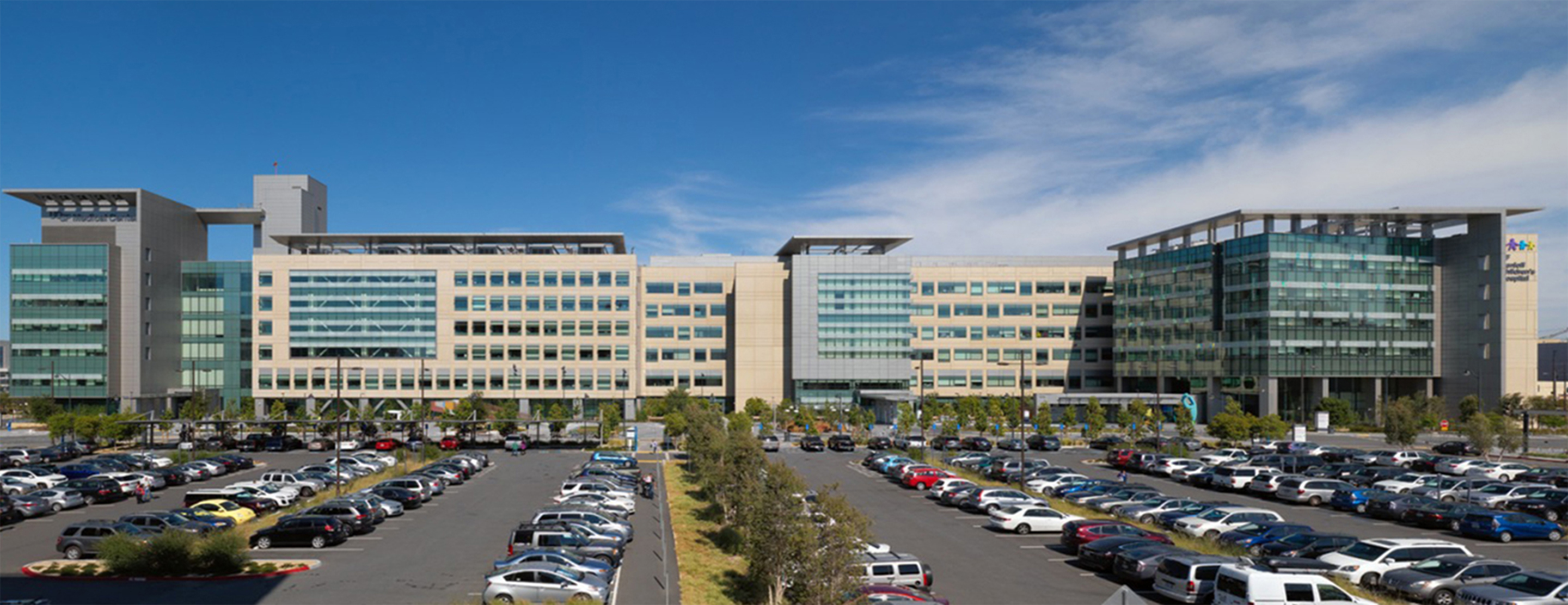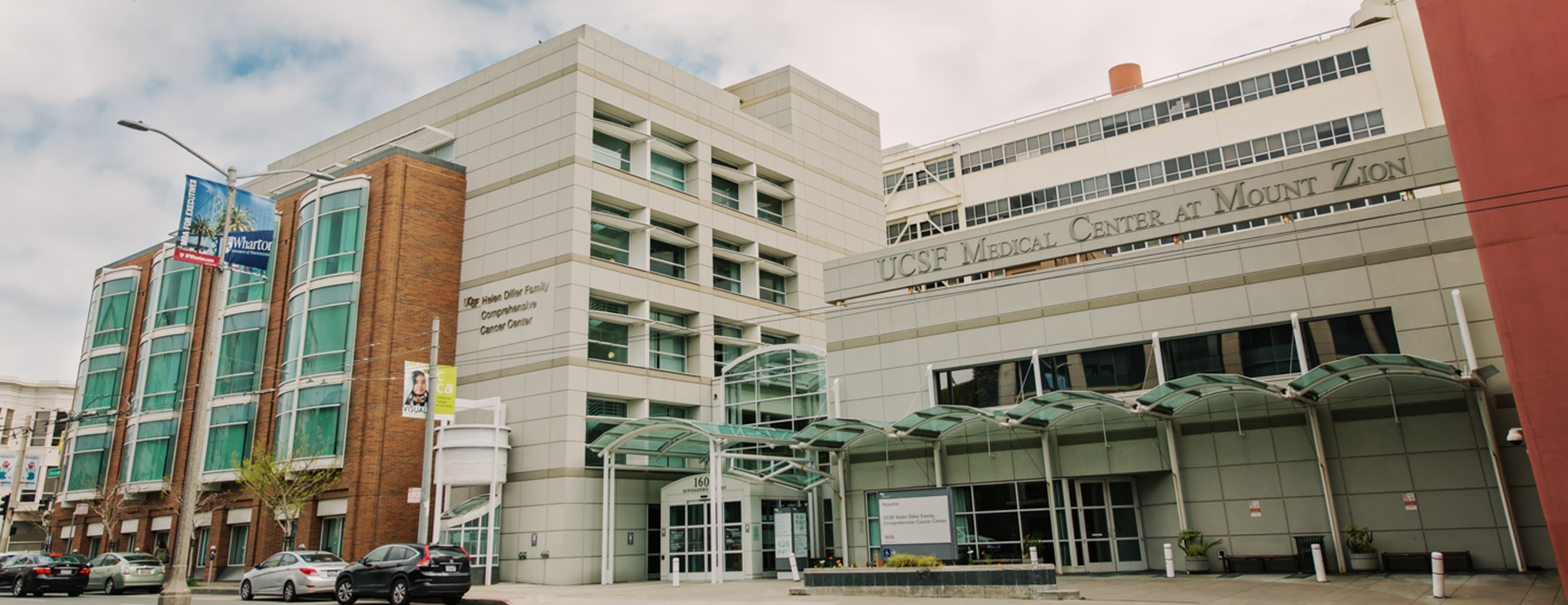When you're admitted to the hospital, your care team will include several types of health care professionals. The following is a brief description of various hospital staff members you may encounter.

Your Hospital Care Team
Doctors
Your doctor, or attending physician, is responsible for managing your care. Your doctor may consult with other specialists. Since UCSF is a teaching hospital, you may also be seen by fellows, residents and medical students who work with your doctor. As a result, you’ll benefit from having a collaborative group of medical professionals focused on your well-being.
- Attending physicians direct and supervise your treatment. Their role includes teaching other doctors to care for patients. You’ll be assigned an attending physician, but please understand that assignments change periodically. You can ask your nurse or doctor about the scheduled rotation of attending physicians on your unit.
- Fellows are doctors who have completed their residency training and are now training in a specialty. Fellows work with an attending physician to provide patient care and to help teach interns and residents.
- Interns and residents are doctors completing their training. They work under the guidance of attending physicians and fellows.
Nurses
Our nursing staff coordinates and provides care. Many of our nurses have had advanced training in certain specialties.
- Charge nurses oversee the nursing care on your hospital unit during a shift.
- Clinical nurse specialists are registered nurses with advanced education in chosen areas, such as critical care or pain management. These nurses administer treatments and help coordinate your care.
- Nurse practitioners are registered nurses with advanced education and training. They have skills in assessment, diagnosis and managing health needs, and they may specialize in specific areas, such as acute care.
- Patient care managers supervise all nursing care during every shift on your unit.
Support staff
- Patient care assistants help nurses care for you. They provide routine care under the supervision of a nurse, but they cannot administer medications.
- Patient support assistants work to keep units clean and fully equipped.
- Unit coordinators provide clerical support, facilitate communications (such as among departments, staff members, patients and visitors), and answer questions for families and visitors.
Other team members
- Dietitians and dietetic technicians provide nutritional care and counseling.
- Interpreters provide patients, their families and the health care team with translation services for any language, including sign language. If you need an interpreter, please tell your nurse.
- Lactation specialists help mothers and babies with breastfeeding. If you have questions or concerns related to breastfeeding, please ask your nurse about scheduling a consultation with a lactation specialist.
- Pharmacists fill prescriptions ordered by your doctor and provide important information about medications.
- Radiology technologists perform X-ray exams, ultrasound exams, CAT scans, MRI scans and other tests whose results help your care team know how to treat you.
- Social workers and case managers provide counseling, information, and referrals to community services, and they help plan for meeting your care needs after you’re discharged.
- Spiritual care staff provide comfort and spiritual or religious support to patients and families.
- Occupational, physical, respiratory and speech therapists teach specialized exercises and provide other techniques that can improve abilities to move, breathe, speak, eat and perform everyday tasks.
UCSF Health medical specialists have reviewed this information. It is for educational purposes only and is not intended to replace the advice of your doctor or other health care provider. We encourage you to discuss any questions or concerns you may have with your provider.

















